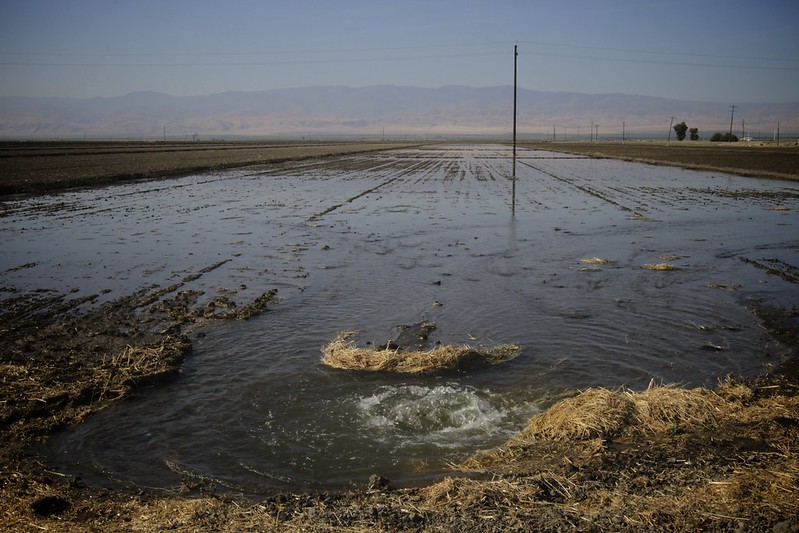Aquifer Accounting
October 29, 2021

Jackson School of Geosciences scientists have created a balance sheet for water across the United States — tracking total water storage in 14 of the country’s major aquifers over 15 years.
The results were published in Environmental Research Letters in August 2021, with the research examining the interplay between irrigation habits and climate on water.
The study found that irrigation can be managed more effectively in humid regions of the eastern half of the country where surface water is more readily available, a finding that could have implications for where the U.S. can grow food, according to the researchers. With longer-term droughts and intermittent intense flooding expected in the future, particularly in the arid western U.S., there is rising concern about overtaxing water resources in the region, especially for irrigated agriculture.
“It is important to understand the relationship between human water use and climate extremes to develop more sustainable water management practices in the future,” said the study’s lead author, Bridget Scanlon, a senior research scientist at the Bureau of Economic Geology, a research unit of the Jackson School.
The study also highlights how surface water plays an important role in replenishing groundwater, with these water resources helping dampen the impacts of irrigation. To understand how water changed over time, the researchers used measurements from NASA’s GRACE satellites taken from 2002 to 2017 to track the total amount of water stored in each aquifer area — including groundwater, soil moisture, surface water and snow.
By comparing the total water storage over time to climate and irrigation data, the researchers were able to describe how the water supply of each aquifer area was changing — and the role humans played in amplifying or dampening climate impacts on water storage.
The study was co-authored by Jackson School postdoctoral fellow Ashraf Rateb, bureau senior research scientist Alexander Sun, U.S. Geological Survey’s Ward Sanford and Don Pool, UT Center for Space Research’s Himanshu Save, Tsinghua University’s Di Long, and the National Drought Mitigation Center’s Brian Fuchs.
Back to the Newsletter